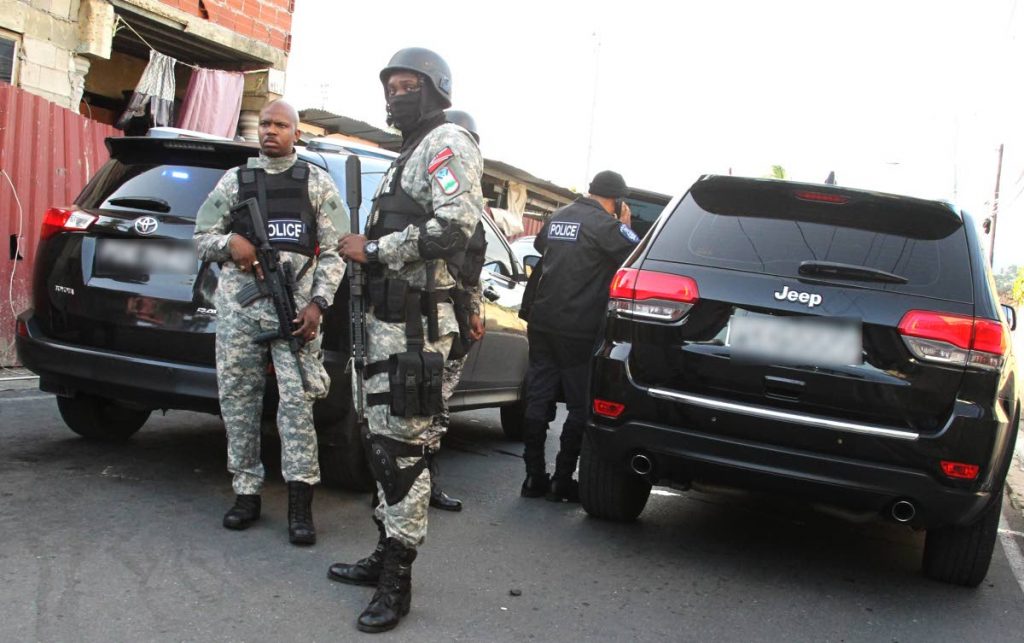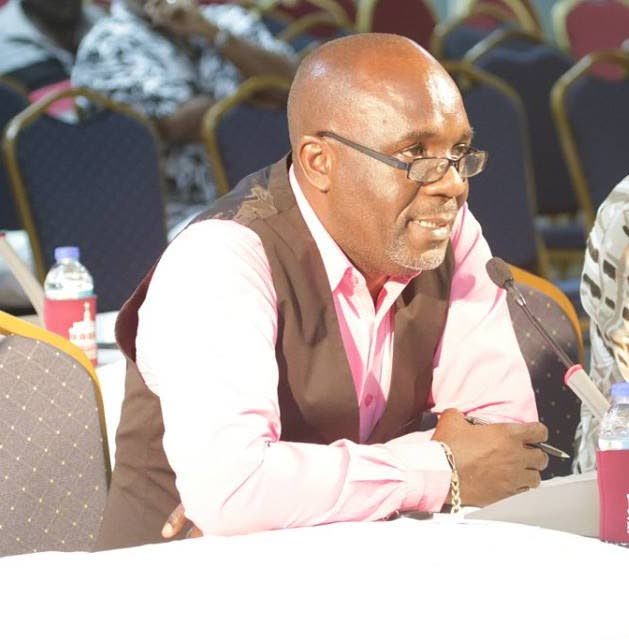Aggressive policing not the answer

Crime economist Anselm Richards believes the Government is struggling with the crime situation because there is still too much focus on aggressive policing as opposed to the root cause of the problem.
"There has been no innovative and creative solution over the years to deal with crime," he told Newsday Tobago.
"The Government is locked in this silo of thinking that the problem of crime is one of inadequate policing. So they feel aggressive and hard policing and draconian law will solve the crime problem. It will never solve the crime problem."
Richards argued crime is a much more complicated issue.
"Crime is really a social construct. It is a product of society and, therefore, the social issues that create an appetite and an environment for crime to flourish and prosper has to be dealt with."
Alluding to Finance Minister Colm Imbert's statement, in last Monday's budget, on the Government's efforts to reduce crime over the past year, Richards mentioned the Cure Violence Programme, which is to be rolled out in 16 at-risk communities in east Port of Spain, for an initial three-year period, from January 1, 2020.
The initiative is expected to work in tandem with the police tactical units, police community secretariat and prisons service.

Richards regarded the Cure Violence Programme as an offshoot of the Citizen Security Programme, which he co-ordinated some years ago.
He said the initiative may not work in Tobago.
"I don't think Cure Violence is going to solve our problem given the nature of our crime in Tobago, because the Cure Violence is based on cure interrupters, meaning if a member of a gang shoots a person from another gang, persons who in there will be recruited in this programme to go in and mitigate to prevent reprisal."
Richards said while the initiative has worked in certain jurisdictions, "I don't know if our culture and the type of crime will welcome that."
He added: "I think what we need in Trinidad and Tobago is a comprehensive national crime reduction and prevention programme that is very structured and organised."
Richards also suggested that a crime reduction and crime prevention commission be established to deal with research, programme formulation, monitoring and evaluation of crime and crime statistics.
He said the commission's programmes and projects would be implemented through different ministries and State agencies.
Richards said the Government's focus on crime must be reset to one that is anti-crime and promotes safety and security.
"It just can't be a police issue. It has to be a total governmental issue against crime and indiscipline. I think that is where we are missing the ball because we are very narrow in our focus and we are doing the same thing over and over and expecting a different result."
Richards said while there has been some "incremental improvements" to the police service since Gary Griffith assumed the position of Police Commissioner, there still needs to be a deeper and more enlightened approach to crime.
"This is what I am not hearing in the national discourse and in the discourse coming from the leadership of the Police Service, Government and Judiciary."


Comments
"Aggressive policing not the answer"